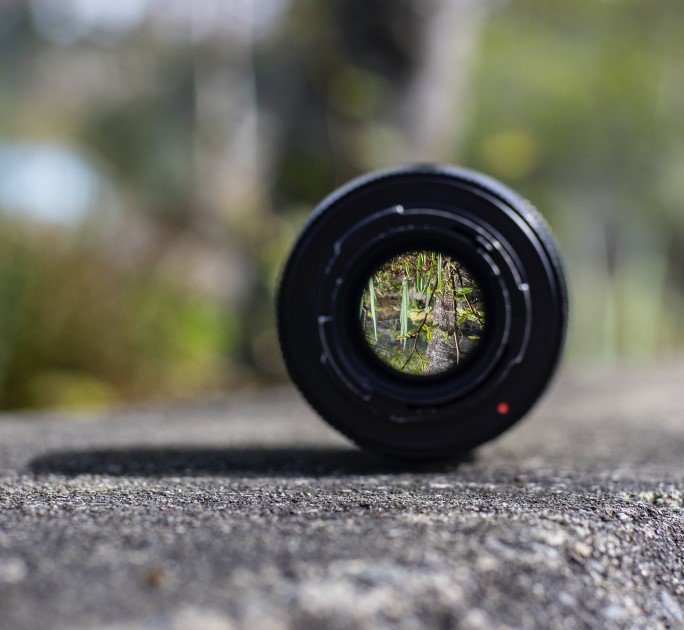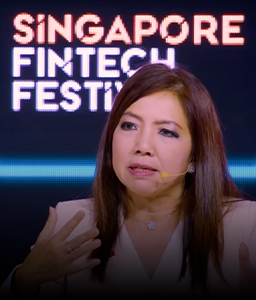Latest News
The latest on DBS
Hong Kong·02 Jul 2025
Singapore·01 Jul 2025
Bank DBS Indonesia proves innovation is key, customer service efficiency up 80% thanks to Guided Conversation | Bahasa
Indonesia·30 Jun 2025
Singapore·29 Jun 2025
Features
Displaying results 1 to 10 out of 312
Filter By
No Results Found
Top Videos
The latest featured videos from DBS







